, /PRNewswire/ -- Mercy hospitals across the Midwest now offer new moms the opportunity for their placentas to continue supporting life well after the birth of a baby. Through the Beginnings and Blessings program, Mercy moms can opt to donate their birth tissue for research and to help others.
In utero, a placenta supports life by providing essential oxygen and nutrients to the developing baby, removes waste from the baby's blood, produces hormones to help the baby grow and passes immunity from mom to baby. After birth, placentas are often discarded as medical waste even though they have been shown to be helpful in treatment of wounds, burns and other conditions.
"Our patients expressed interest in helping others by donating tissues, such as the placenta, when they are no longer needed," said Dr. Margaret Marcrander, Mercy St. Louis chief of staff and practicing OB/GYN, who championed the donation program. "By offering the option to donate, we enable our patients to have successful birth plans while helping future patients."
Moms who have chosen to donate newborn tissue see it as a win-win. Chelsie Cardin, an oncology nurse at Mercy Southeast in Cape Girardeau, Missouri, made the decision to donate after her son, Ryan, was born.
"Organ donation is something typically done at the end of life, but my son's tissue was able to help someone on the first day of his life," Cardin said. "I have seen firsthand how devasting wounds can be for my own patients and was grateful I was able to contribute something to help others."
Newborn tissue donation reduces medical waste while helping other patients in many ways.
"Chronic, nonhealing wounds can have life-altering impacts for patients," said Dr. David German, wound care and plastic surgeon with Mercy Hyperbaric and Wound Care in St. Louis. "The placenta contains specialized tissues in two layers that promote healing. I have seen dramatic improvement in chronic wounds that decrease in size and heal with the help of skin grafts created with placental tissue."
Donating newborn tissue is done at no cost for patients and can potentially benefit up to 100 people. Mercy hospitals in Joplin and Springfield, Missouri, will launch programs later in May, with Arkansas and Oklahoma hospitals launching later this summer.
Cardin said, "It was easy. It's no money out of my pocket and all I had to do was sign a form. It was a simple good deed to help others."
About Mercy
Mercy, one of the 15 largest U.S. health systems and named the top large system in the U.S. for excellent patient experience by NRC Health, serves millions annually with nationally recognized care and one of the nation's largest and highest performing Accountable Care Organizations in quality and cost. Mercy is a highly integrated, multi-state health care system including 50 acute care and specialty (heart, children's, orthopedic and rehab) hospitals, convenient and urgent care locations, imaging centers and pharmacies. Mercy has over 1,000 physician practice locations and outpatient facilities, more than 5,000 physicians and advanced practitioners and more than 50,000 co-workers serving patients and families across Arkansas, Kansas, Illinois, Missouri and Oklahoma. Mercy also has clinics, outpatient services and outreach ministries in Arkansas, Louisiana, Mississippi and Texas. In fiscal year 2023 alone, Mercy provided more than half a billion dollars of free care and other community benefits, including traditional charity care and unreimbursed Medicaid.
SOURCE Mercy

WANT YOUR COMPANY'S NEWS FEATURED ON PRNEWSWIRE.COM?
![]()
440k+
Newsrooms &
Influencers
![]()
9k+
Digital Media
Outlets
![]()
270k+
Journalists
Opted In
.png)
 German (DE)
German (DE)  English (US)
English (US)  Spanish (ES)
Spanish (ES)  French (FR)
French (FR)  Hindi (IN)
Hindi (IN)  Italian (IT)
Italian (IT)  Russian (RU)
Russian (RU)  1 week ago
3
1 week ago
3

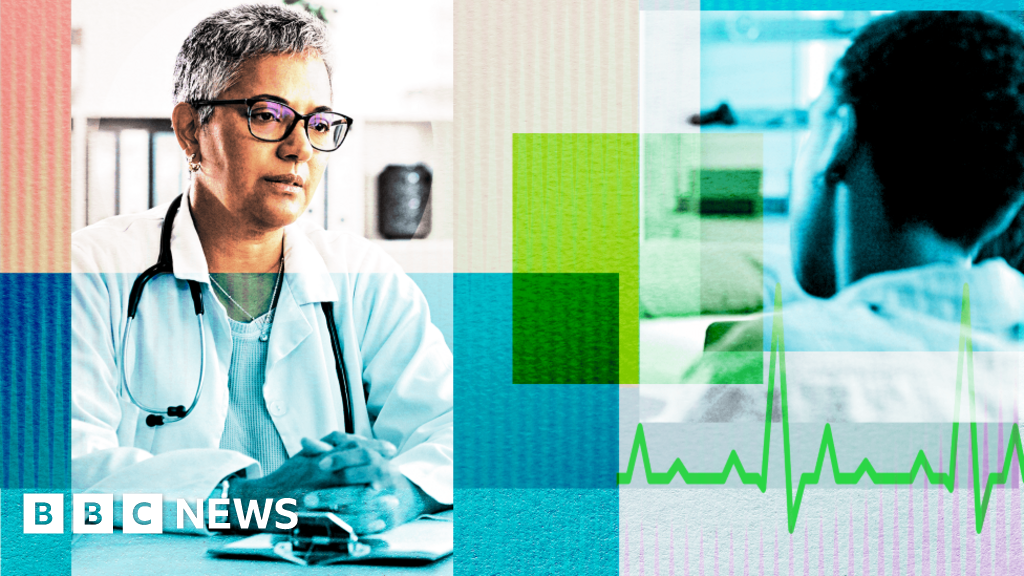

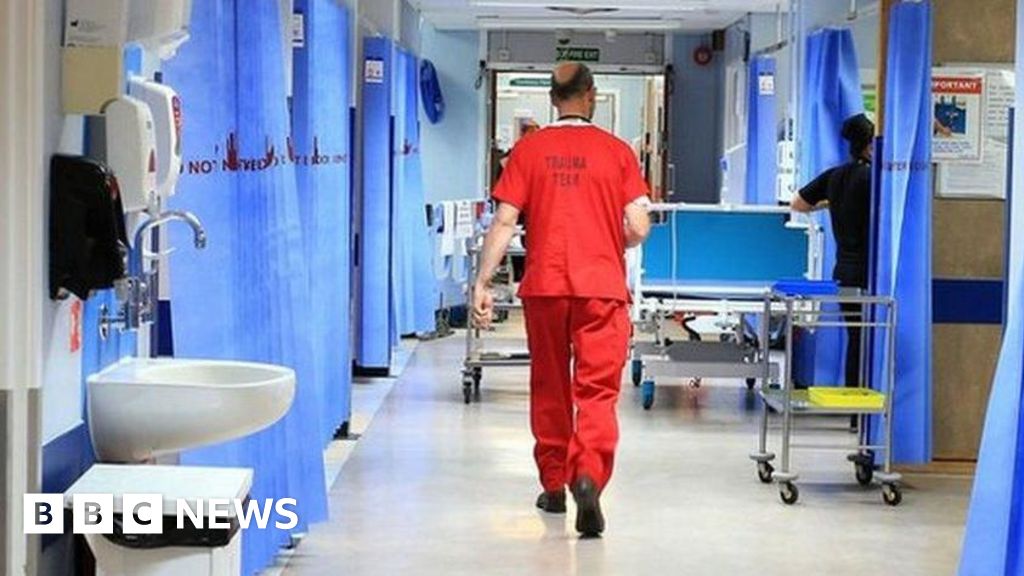
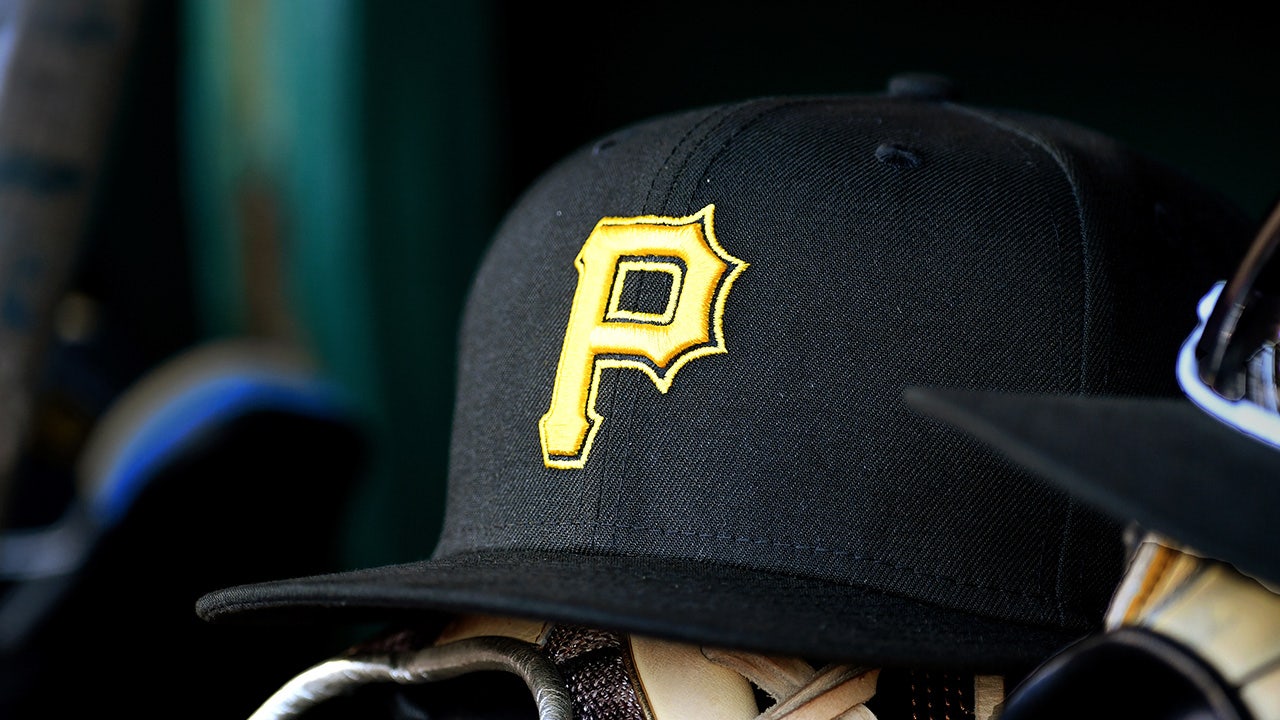

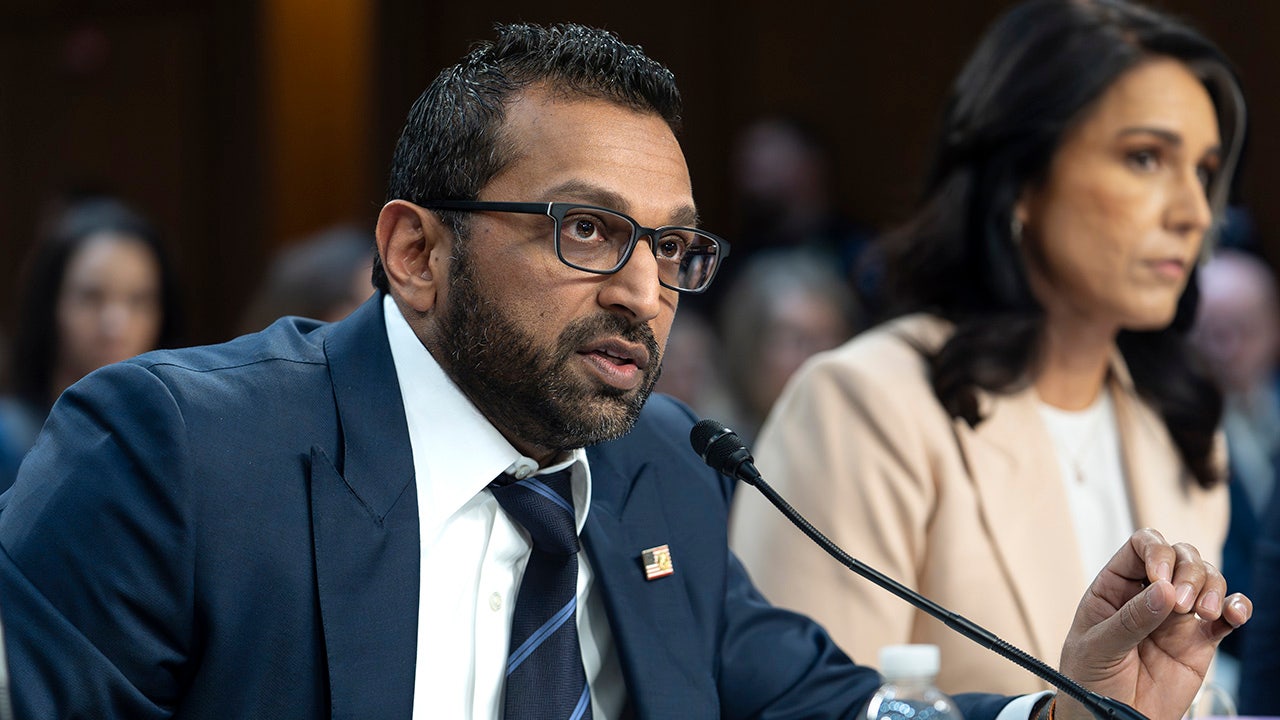

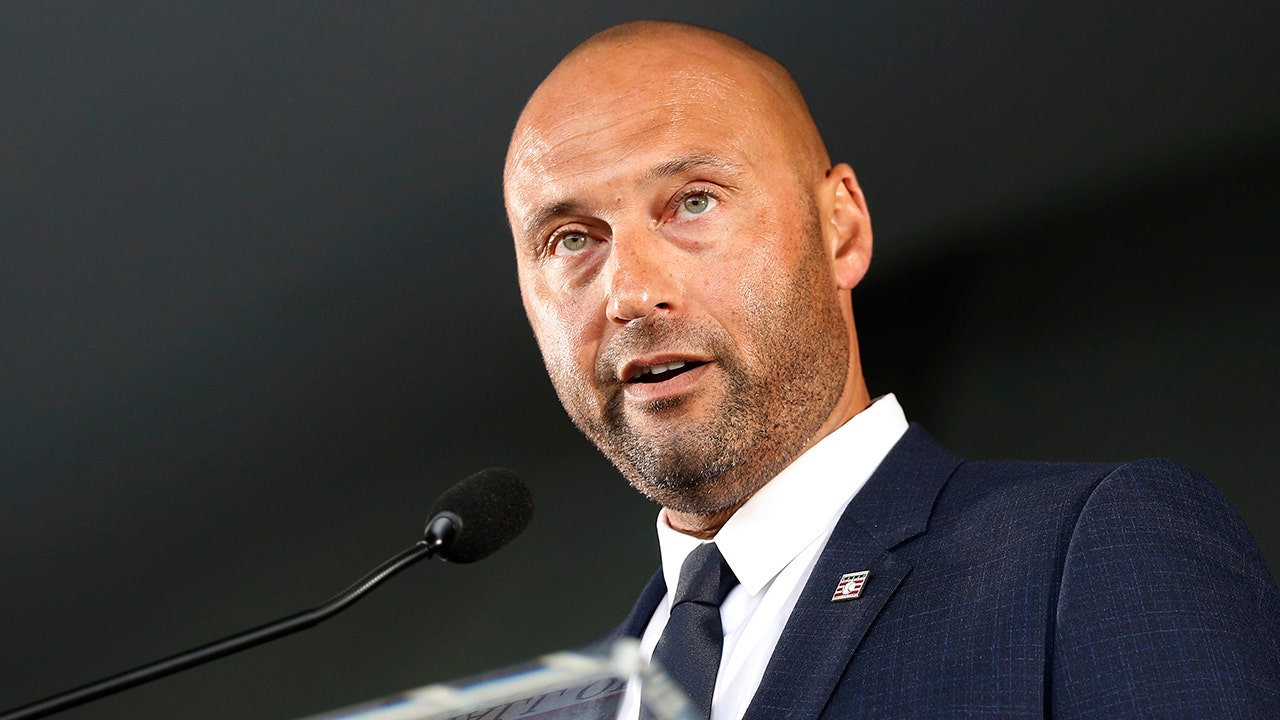
Comments